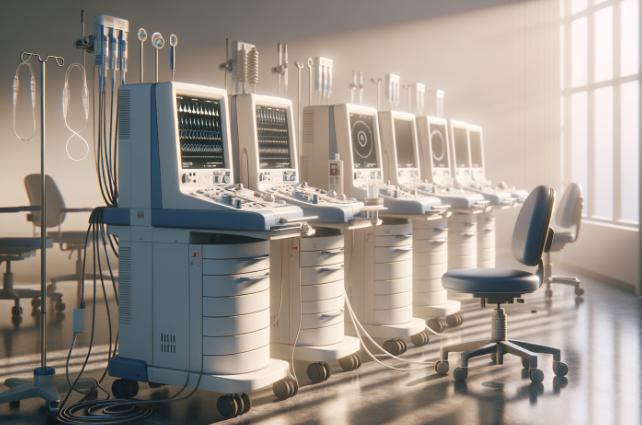Are dark spots affecting your skin's flawless appearance? Many people find these pigmentation issues to be persistent and frustrating. With a variety of treatment options available, from topical applications to professional treatments, there is hope for achieving clear skin. Embark on your journey to flawless skin with these helpful insights.

Understanding Dark Spots and Their Causes
Dark spots, also known as hyperpigmentation, occur due to an overproduction of melanin in certain areas of the skin. This can be triggered by several factors, including sun exposure, hormonal changes, aging, and skin inflammation. Conditions such as acne or eczema, when healed, can also leave behind these spots. Recognizing the cause of your dark spots is crucial for determining the most effective treatment strategy. For more insights, check out this comprehensive guide on how to treat hyperpigmentation.
Effective Topical Treatments for Dark Spots
When it comes to over-the-counter solutions, dark spot correctors are popular and convenient. Here are some of the top products on the market:
- Brightening Serums: These often contain vitamin C, niacinamide, or azelaic acid, which are known for their brightening and anti-inflammatory properties.
- Retinoids: These help in speeding up cell turnover, leading to faster fading of dark spots.
- Hydroquinone Creams: A well-known skin lightening agent, hydroquinone inhibits melanin production effectively.
According to a Glamour review of the best dark-spot correctors, the effectiveness varies from one product to another, so it is important to choose one that best suits your skin type and severity of dark spots.
Professional Treatments for Stubborn Dark Spots
For more persistent dark spots, professional treatments may be required. Dermatologists offer various options:
- Laser Therapy: Targets and breaks down pigmentation particles beneath the skin.
- Chemical Peels: Uses acids to exfoliate the top layer of skin, revealing brighter skin beneath.
- Microdermabrasion: A minimally invasive treatment that uses a special applicator to sand away the outer layer of the skin.
If you're considering these options, refer to this detailed piece on removing dark spots from your face for more guidance.
Natural Remedies and Lifestyle Changes
If you prefer natural remedies, there are several options to consider:
- Lemon Juice: Contains natural acids that can lighten dark spots. Use with caution and always follow with sunscreen.
- Aloe Vera: Known for its healing properties, it can help to reduce pigmentation.
- Apple Cider Vinegar: Acetic acid in vinegar may help in lightening pigmentation.
Lifestyle changes are equally important in managing dark spots. This includes wearing sunscreen daily, adopting a skincare routine that includes exfoliation, and maintaining a healthy diet rich in antioxidants.
Preventing Future Dark Spots
Prevention is always better than cure. Here are some steps to prevent the appearance of new dark spots:
- Regular Use of Sunscreen: Apply a broad-spectrum SPF 30 or higher daily.
- Avoid Picking at Skin: This can lead to inflammation and subsequent dark spots.
- Antioxidant-Rich Diet: Consume foods high in vitamins C and E to help protect the skin from damage.
Moreover, staying informed by reading updated skincare guides, like the 13 best dark spot correctors tested by experts, can also aid in finding the right solutions.
Comparison of Treatment Options
Below is a comparison table to help you evaluate potential treatment options and pricing:
| Treatment | Estimated Cost | Availability |
|---|---|---|
| Brightening Serum | $20 - $150 | Drugstore/ Online |
| Laser Therapy | $200 - $600/session | Dermatological Clinics |
| Chemical Peels | $150 - $300 | Spas/ Clinics |
| Microdermabrasion | $100 - $250 | Spas/ Clinics |
| Aloe Vera Treatment | $5 - $20 | Home/ Drugstore |
Achieving and maintaining flawless skin involves a combination of treatments, prevention, and daily care. By choosing the right options based on your specific needs, you can effectively minimize dark spots and enjoy radiant skin.


